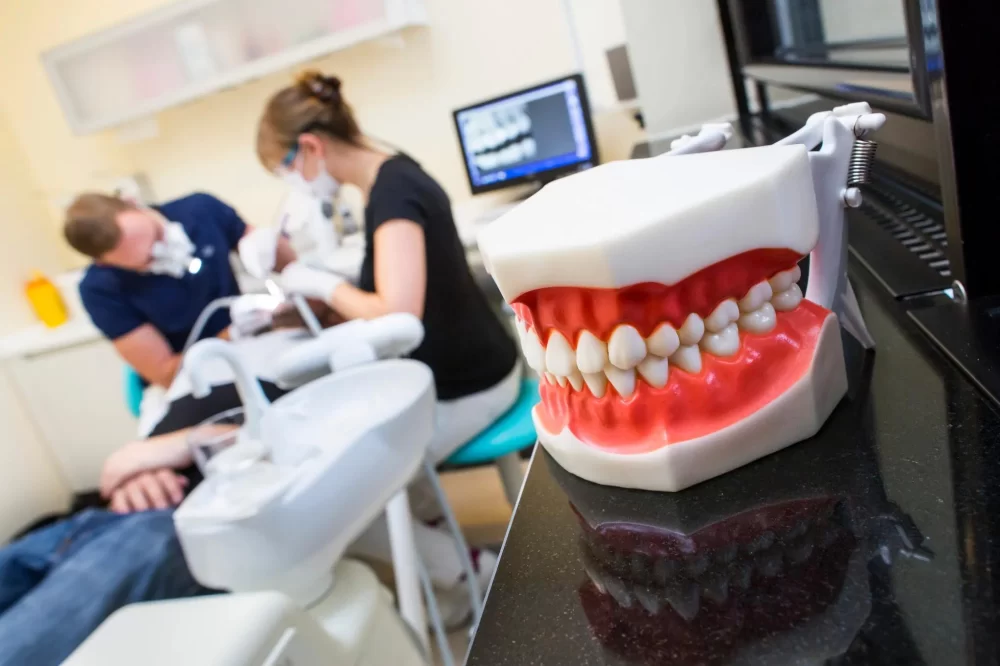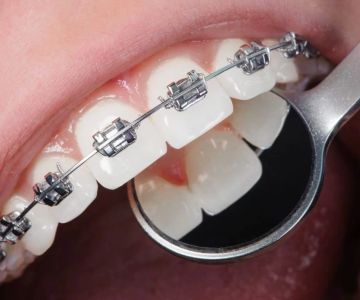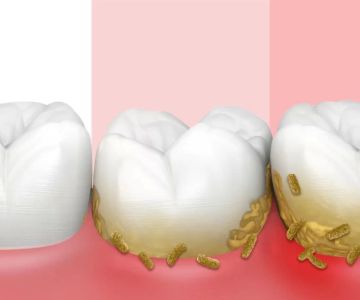
How to Pick a Dentist Based on Their Practice Philosophy
Choosing a dentist is a critical decision that can significantly impact your oral health and overall well-being. But how do you make sure you're selecting the right one? The answer lies not only in their experience and qualifications but also in their practice philosophy—the way they approach dental care. Understanding a dentist's practice philosophy will give you insight into their treatment methods, how they interact with patients, and how they prioritize your needs.
1. What Is a Dentist's Practice Philosophy?
A dentist's practice philosophy refers to the principles and beliefs that guide how they provide care to their patients. It encompasses their approach to diagnosing, treating, and preventing dental issues, as well as how they interact with patients. Just like any other healthcare professional, a dentist’s philosophy can vary greatly from one provider to another. Some dentists may focus heavily on preventive care, while others might emphasize cosmetic or restorative procedures.
2. The Importance of Aligning with a Dentist’s Philosophy
Finding a dentist whose philosophy aligns with your personal values and needs is crucial. For example, if you value holistic care, you might want to choose a dentist who prioritizes natural or biocompatible materials. Alternatively, if you’re more focused on efficiency and modern technology, a dentist who utilizes cutting-edge diagnostic tools and treatments may be a better fit. Aligning with your dentist's philosophy can lead to a more comfortable and rewarding treatment experience, as it ensures your expectations and needs are met.
3. Key Factors to Consider in a Dentist’s Philosophy
When assessing a dentist's practice philosophy, several factors can help you make an informed decision:
3.1 Preventive Care vs. Reactive Care
Some dentists take a preventive approach, focusing on regular cleanings, patient education, and early intervention to keep oral health problems from arising. This approach is ideal for those who want to avoid extensive treatments down the line. On the other hand, reactive dentists may focus more on addressing issues after they occur, such as filling cavities or treating gum disease once it's already developed. If you prefer a more proactive approach to maintaining oral health, a dentist with a preventive care philosophy may be the best choice for you.
3.2 Technology and Modern Practices
Another aspect of a dentist's philosophy is their attitude toward using the latest technology in their practice. Dentists who emphasize modern techniques may offer services like digital X-rays, laser treatments, and same-day crowns, making procedures quicker, more accurate, and less invasive. If staying up-to-date with the latest advancements in dental care is important to you, consider seeking a dentist who incorporates these tools into their daily practice.
3.3 Pain Management and Comfort
For many people, anxiety around dental procedures is a significant barrier to seeking care. Dentists who prioritize patient comfort and use modern pain management techniques may be particularly appealing to those with dental phobias. Some practices may offer sedation dentistry, which helps relax anxious patients during procedures. If pain management is a concern for you, it’s worth asking about the practice’s approach to making treatments as comfortable as possible.
4. How to Evaluate a Dentist's Philosophy
Once you understand what to look for, the next step is evaluating a dentist's philosophy. Here are some strategies you can use to assess their approach:
4.1 Read Reviews and Testimonials
One of the best ways to gauge a dentist’s philosophy is by reading online reviews from other patients. Reviews can provide insights into the dentist’s approach to care, their professionalism, and the overall patient experience. Look for patterns in the feedback—do patients mention feeling comfortable and well-informed, or do they report long wait times and rushed appointments? You can also ask your friends or family for recommendations and their experiences with local dentists.
4.2 Schedule a Consultation
A consultation is a great way to get a firsthand sense of a dentist’s philosophy. During your visit, pay attention to how they interact with you. Do they take the time to explain treatment options and answer questions, or do they seem more focused on completing the procedure quickly? A dentist who prioritizes patient education will likely provide thorough explanations about their approach to care and give you ample time to ask questions.
4.3 Ask About Their Approach to Treatment
Don’t hesitate to ask direct questions about their practice philosophy during your consultation. You could ask about their approach to preventive care, how they handle patient concerns, or how they make treatment decisions. A good dentist will be happy to discuss their philosophy and explain why they believe in certain treatments or practices. This conversation will help you determine if their values align with yours.
5. The Role of Communication and Trust in Your Dental Relationship
Effective communication and mutual trust are at the heart of a strong patient-dentist relationship. When choosing a dentist based on their practice philosophy, consider how well they communicate with you. Do they listen to your concerns and offer clear explanations? Trust is essential for feeling comfortable during dental visits, especially when treatment plans involve significant procedures. If you feel that the dentist’s philosophy aligns with your personal values and they communicate openly, you’ll likely experience a more positive and effective dental care experience.
6. Stories from Patients: Finding the Right Fit
Consider the story of Jessica, a 34-year-old professional who struggled to find a dentist who understood her desire for a holistic approach to dental care. After visiting several practices, she finally found a dentist who not only emphasized preventive care but also used biocompatible materials in treatments. This philosophy aligned perfectly with her values, and she felt more confident in her treatment choices. Her story illustrates the importance of finding a dentist whose practice philosophy resonates with your personal needs and preferences.
7. Conclusion: Choosing the Right Dentist for You
When it comes to choosing a dentist, their practice philosophy plays a significant role in ensuring you receive the best care possible. Whether you prioritize preventive care, modern technology, or patient comfort, understanding a dentist's approach will help you make an informed decision. Take the time to research and consult with different dentists to find the one that aligns with your values and provides the care you deserve.







 Fifth Avenue Dental
Fifth Avenue Dental Kowalski Dental, PC
Kowalski Dental, PC Aspen Dental - Glendale, AZ
Aspen Dental - Glendale, AZ Absolute Dental - Lake Mead
Absolute Dental - Lake Mead Dr. Lester Appell
Dr. Lester Appell Cottonwood Heights Dentistry
Cottonwood Heights Dentistry The Importance of Oral Health Education During Pregnancy for a Healthy Pregnancy
The Importance of Oral Health Education During Pregnancy for a Healthy Pregnancy Why Skipping Dental Checkups Can Lead to Bigger Oral Health Problems
Why Skipping Dental Checkups Can Lead to Bigger Oral Health Problems Advantages of Porcelain Dental Restorations
Advantages of Porcelain Dental Restorations Best Tips for Brushing Your Teeth Properly for Healthy Gums: Essential Techniques for Oral Health
Best Tips for Brushing Your Teeth Properly for Healthy Gums: Essential Techniques for Oral Health How Can Diabetes Cause Tooth and Gum Problems? Preventing and Managing Oral Health Issues
How Can Diabetes Cause Tooth and Gum Problems? Preventing and Managing Oral Health Issues Healthy Habits for Promoting Good Oral Health and Hygiene: Tips for a Healthy Smile
Healthy Habits for Promoting Good Oral Health and Hygiene: Tips for a Healthy Smile